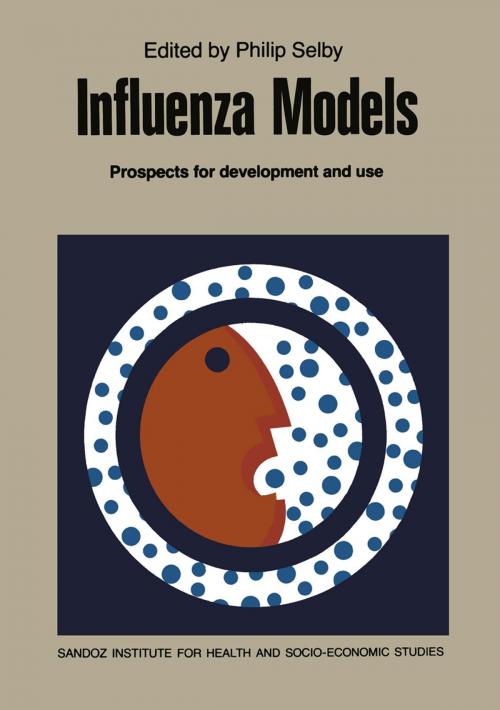Influenza Models
Prospects for Development and Use
Nonfiction, Health & Well Being, Medical, Ailments & Diseases, Infectious Diseases, General| Author: | ISBN: | 9789401180504 | |
| Publisher: | Springer Netherlands | Publication: | December 6, 2012 |
| Imprint: | Springer | Language: | English |
| Author: | |
| ISBN: | 9789401180504 |
| Publisher: | Springer Netherlands |
| Publication: | December 6, 2012 |
| Imprint: | Springer |
| Language: | English |
Kilbourne (1973) described the student of influenza as "continually looking back over his shoulder and asking 'what happened?', in the hope that understanding of past events will alert him to the catastrophies ofthe future". Experience suggests the futility of such a hope, since the most predictable feature of influenza is its unpredictability. Nonetheless, the stubborn viabil ity of this hope is strongly affirmed by the many attempts, described and discussed in this volume, to develop a useful and practical representation of influenza virus behavior. I hasten to add, however, that the desired model has yet to be perfected. The existence and usefulness of animal models of infectious diseases of man are well documented. Reproduction of disease by infecting an experimental animal satisfies the third of Koch's four postulates to establish proof of disease causation by a specific bacterium. Animal models also have been extremely useful in studies of the pathogenesis, immunoprophylaxis, and specific therapy of several important diseases, ineluding (with only modest success) influenza. Development of such a model is simple, at least in concept. and can be achieved by one or only a few scientists.
Kilbourne (1973) described the student of influenza as "continually looking back over his shoulder and asking 'what happened?', in the hope that understanding of past events will alert him to the catastrophies ofthe future". Experience suggests the futility of such a hope, since the most predictable feature of influenza is its unpredictability. Nonetheless, the stubborn viabil ity of this hope is strongly affirmed by the many attempts, described and discussed in this volume, to develop a useful and practical representation of influenza virus behavior. I hasten to add, however, that the desired model has yet to be perfected. The existence and usefulness of animal models of infectious diseases of man are well documented. Reproduction of disease by infecting an experimental animal satisfies the third of Koch's four postulates to establish proof of disease causation by a specific bacterium. Animal models also have been extremely useful in studies of the pathogenesis, immunoprophylaxis, and specific therapy of several important diseases, ineluding (with only modest success) influenza. Development of such a model is simple, at least in concept. and can be achieved by one or only a few scientists.















